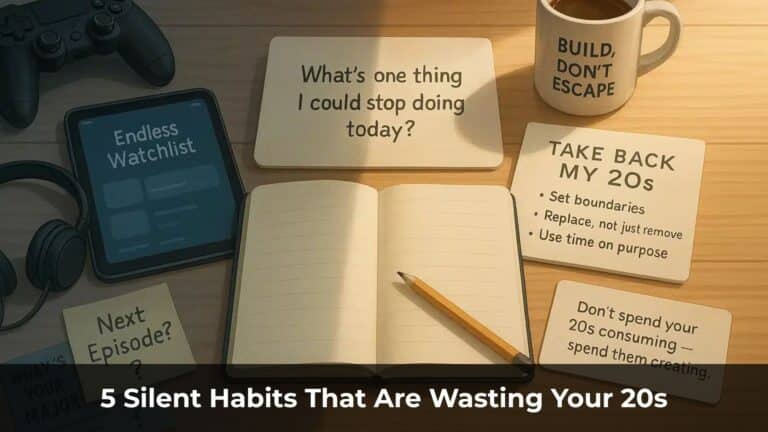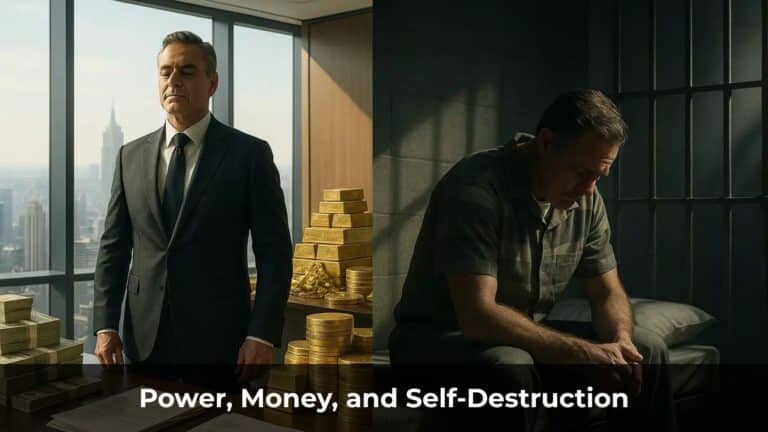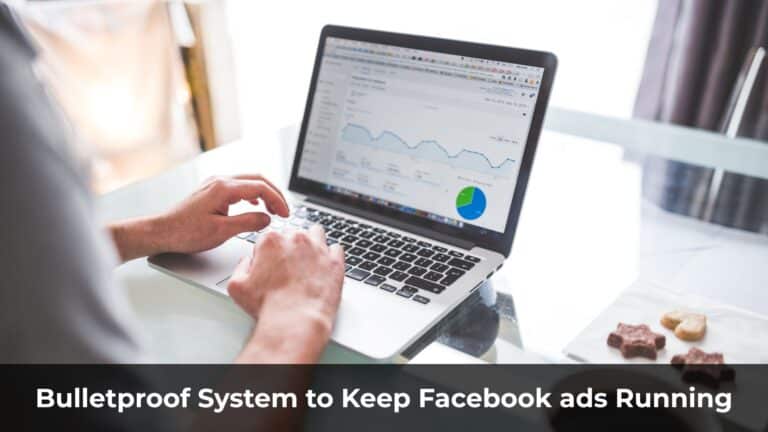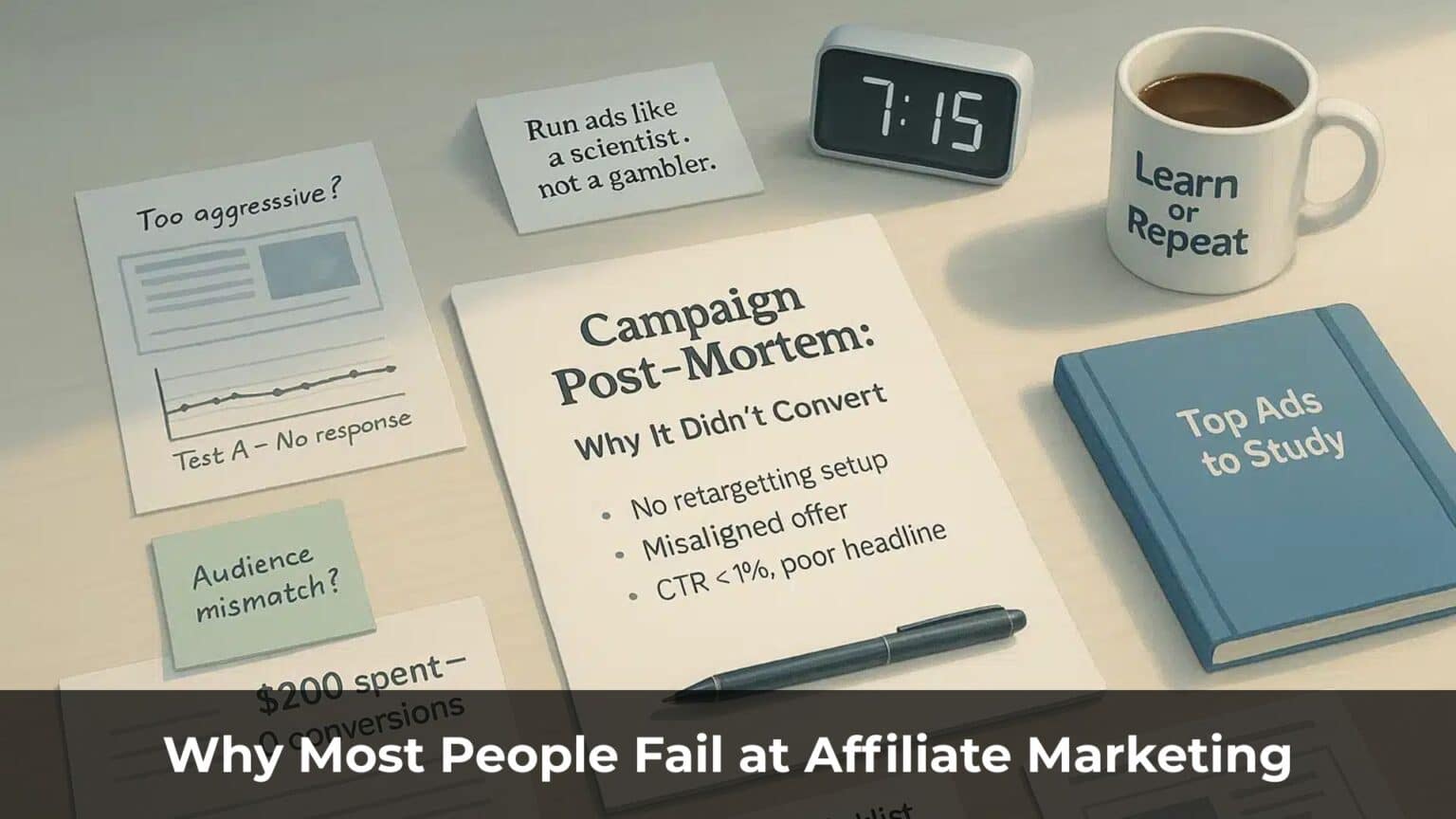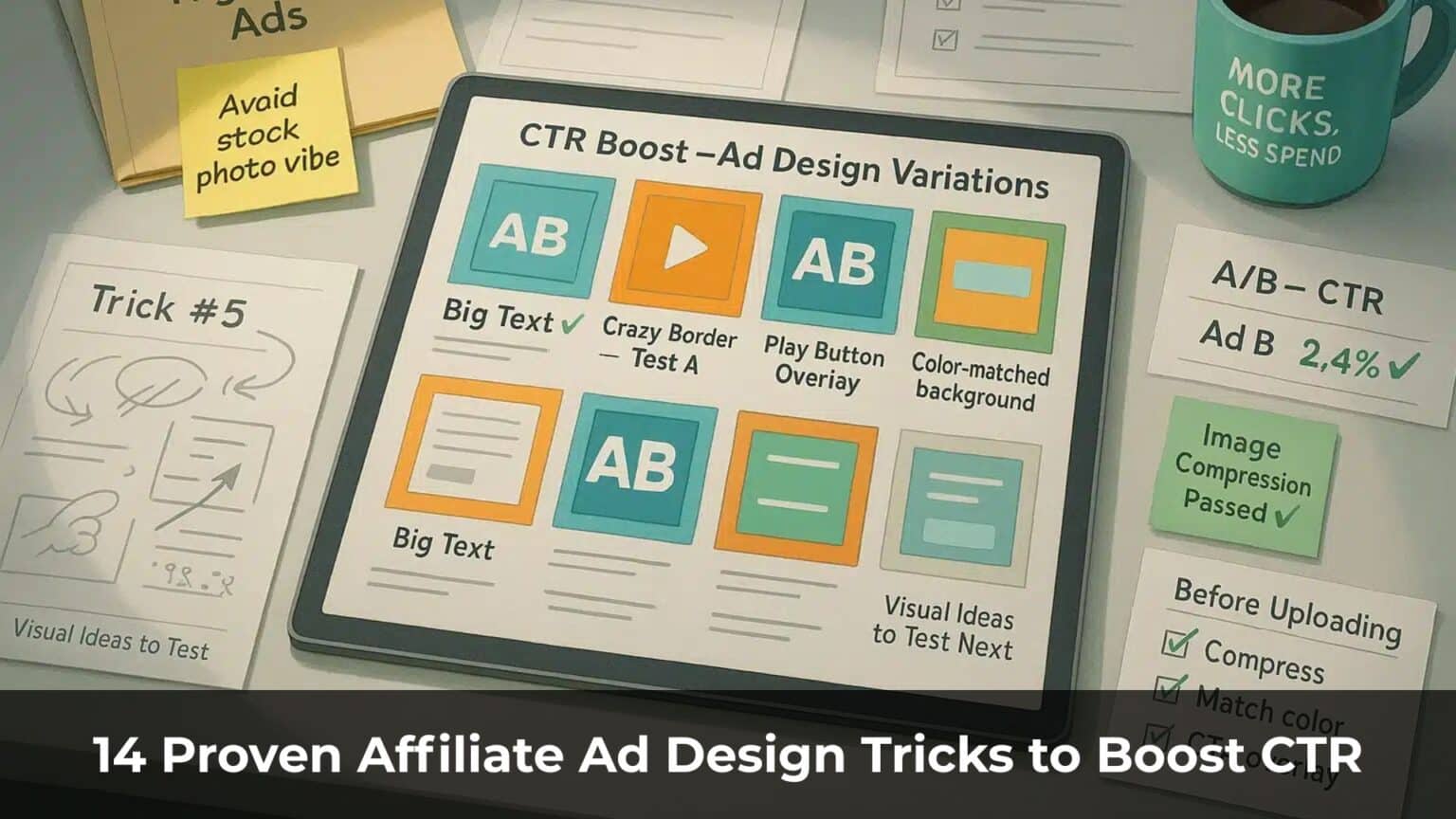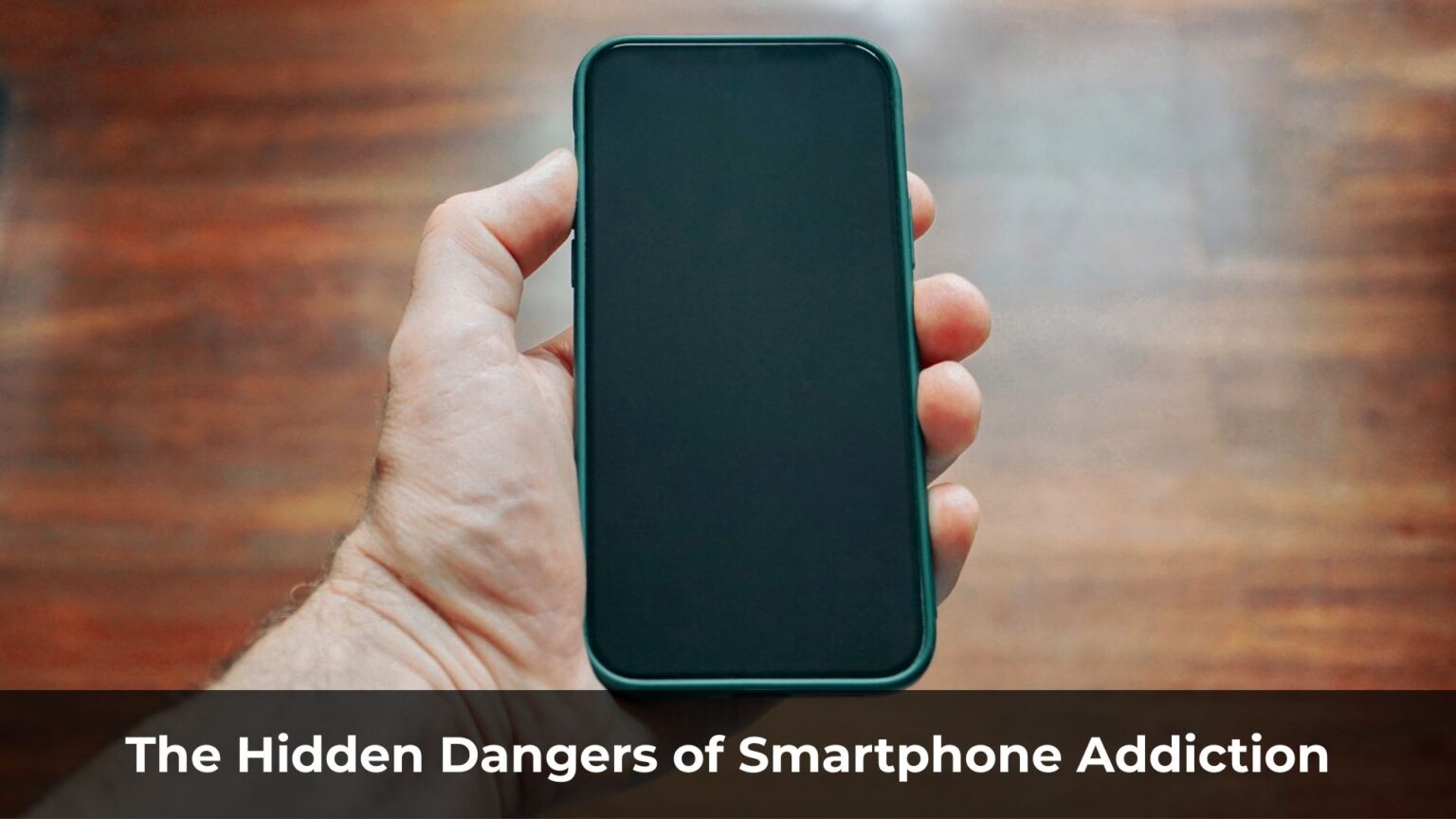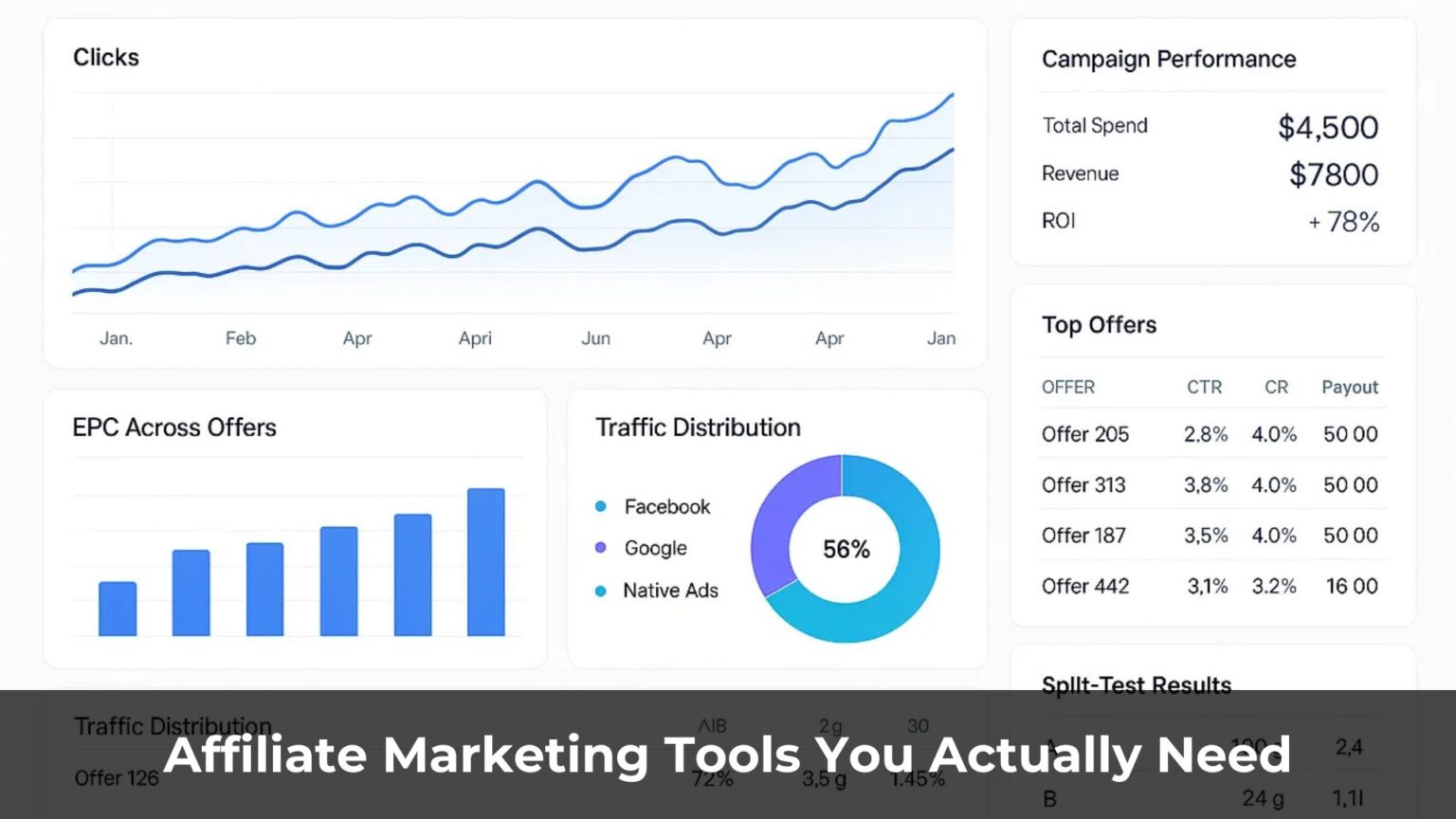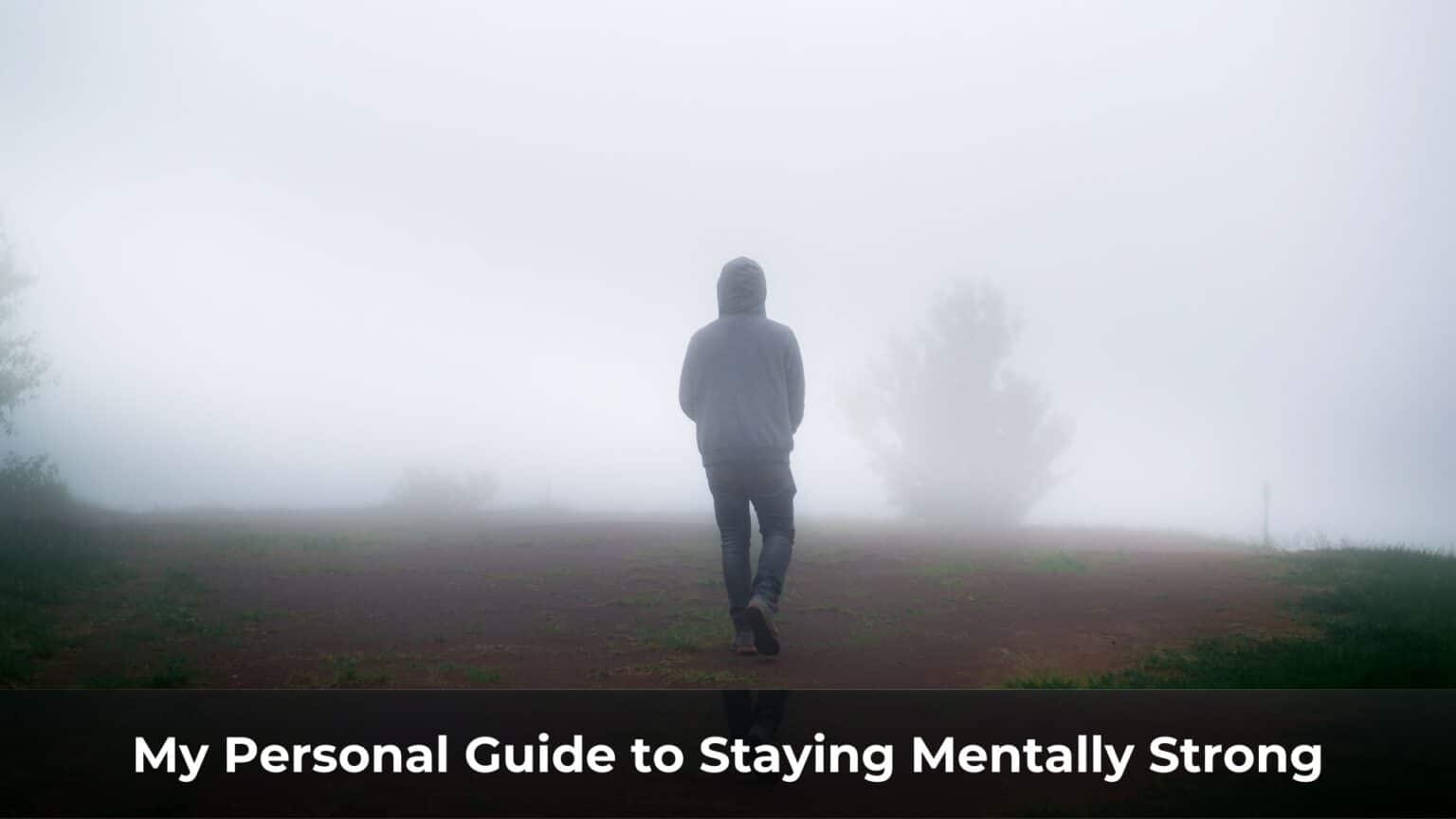Back in my third year of college, I witnessed many of my friends get expelled from school.
At my university, if your GPA fell below average, you were out. No second chances.
It was a tough school, known for high academic pressure. But to me, it didn’t feel all that hard — mainly because most students there were incredibly smart. If they weren’t, they wouldn’t have gotten accepted in the first place.
Looking back, I think the problem wasn’t intelligence. It was the lack of mental preparation. Many students simply weren’t ready to handle unlimited freedom. They got distracted. They lost focus.
Think about it: for the first 18 years of our lives, everything is decided for us.
“No dating — focus on your studies.”
“You must go to school every day.”
“No video games on weekends.”
“You stay home on Saturdays.”
Life was simple. You just followed orders like a good soldier.
Then college happens — and suddenly, you’re free.
So what do students do with that freedom?
They skip class. And no one says anything.
They party and drink every night. Still no consequences.
They stay home all day playing video games. No one stops them.
They spend every waking hour with their girlfriend. And it’s totally allowed.
Table of Contents
ToggleDon’t Be “Free” Like a Kite with No String
Some people simply weren’t mentally prepared to handle that newfound “freedom” — and as a result, they failed their classes and had to leave school. It wasn’t because they weren’t smart.
The ones who stayed? They had discipline.
A lot of folks love to blame students for lacking willpower, but honestly, most just weren’t psychologically ready for that kind of environment.
And here’s the truth: we’re all facing a similar situation right now.
We’re living in an era of endless choices. And slowly, quietly, most of us are losing control.
Some of the biggest companies in the world run on attention — the more time you spend on their platforms, the more money they make.
My theory is simple: they design their technology to make you addicted.
And if you don’t understand their methods, you’ll become a passive user instead of a conscious one. You’ll feel “free,” but you’re really just stuck.
The better you are at managing your behavior around modern devices, the more likely you are to succeed.
I’m not exaggerating.
Back in the 1940s and 50s, doctors used to recommend cigarettes.
Think about that for a second.
For decades, people smoked daily, never realizing how dangerous it was.
Which makes me wonder: what habits are we all doing right now — habits that feel “normal” — that might turn out to be just as harmful?
It’s the same as college all over again.
We’re free. We can message anyone, anytime. Scroll Facebook. Jump on a call. Nonstop.
But the more you connect with others, the more you disconnect from yourself.
There’s too much noise. Too many apps, too many screens. When the world keeps whispering in your ear 24/7, you lose your grip on your own mind.
Now, don’t get me wrong — I’m not writing this like a monk in a cave. I’m a business guy. I run affiliate campaigns. And this post? It’s the result of a real-life experiment.
I thought I was disciplined — but I’ve spent way too much time on YouTube and Reddit.
So in the next section, I’ll break down a few habits worth watching — and share the mental frameworks I’ve used to regain control.
The Dark Side of Modern Technology
I’m not here to deny the benefits of modern tools. Technology has brought us convenience, access, and opportunities we couldn’t have imagined a few decades ago. But like anything powerful, it comes with downsides. Nothing is perfect.
Public companies, in particular, face constant pressure from shareholders to increase revenue. And when growth slows down, some are willing to cut ethical corners to keep the numbers rising.
Remember how video games used to be?
You’d buy a CD, play through all the levels, beat the game — and that was it.
But today, gaming companies have found new ways to keep you hooked.
Take Overwatch — one of my favorite games.
In the early days, earning in-game items was straightforward: save up coins, unlock the skin or gear you wanted. Done.
Now, it’s a different story.
Many games have introduced loot boxes — digital treasure chests with random rewards inside.
Want a specific item? You’ll need to open dozens of boxes and rely on luck.
Sound familiar?
It should — because it closely resembles a slot machine.
And it’s not just a metaphor. According to U.S. Senator Josh Hawley, these loot box mechanics are now under legal scrutiny because they expose kids to gambling behavior at a young age.
How Companies Are Making You More Addicted Than Ever
By now, you’ve probably heard of food addiction.
When people see someone who’s overweight, they often jump to judgment — saying they lack self-control or discipline.
But here’s a truth that most don’t realize: companies are actively engineering food to be more addictive.
Biologically, we’re wired to crave fat and sugar — it’s part of how we survived as a species.
But food companies? They crank up those elements far beyond anything you’d ever find in nature.
When I tried the Keto diet, I was shocked by how many everyday products were packed with excessive amounts of fructose — and every other kind of sugar imaginable.
Food isn’t the only thing designed to hijack your brain. Let’s look at some other industries:
Entertainment: Engineered to Hook You
The entertainment arms race is in full swing. HBO, Apple, Amazon, Netflix, Disney — they’re all competing for your attention by producing endless content.
All it takes is $20/month and you’re drowning in amazing shows.
Everything looks good. So you keep saving them to your “Watch Later” list.
At one point, I estimated it would take 8 hours a day for 6 months straight just to finish my queue. And it keeps growing.
We no longer have to drive to a movie theater. The theater lives in our pockets — available 24/7.
Jump on YouTube and you’re hit with autoplay, recommendation algorithms, and “just one more” videos. Before you know it, hours are gone.
Adult Content: A Dangerous Evolution
I still remember the first time my friends and I stumbled upon an adult magazine. We were around 10 years old. It was a discovery — “Oh, so that’s what women wear under their shirts.”
Now? That magazine has evolved into full-blown, high-speed adult films.
You can watch anything, any time, anywhere.
And the trend is disturbing — people get bored with “normal” content and start seeking out more extreme, bizarre material.
The bigger issue? Porn creates a warped, unrealistic view of human intimacy — and for many, that distortion affects real-life relationships.
There’s a Whole World of Things Disrupting Your Peace
Social Media.
About a year ago, I wrote about my experience quitting Facebook. Overuse of social media can absolutely mess with your mental health — in some cases, it can even lead to depression.
Dating.
Once I got into a serious relationship, I stopped using dating apps. But one day, I saw a friend scrolling through Tinder, and I decided to try it out just for fun
It hit me — back in the day, if you wanted to approach a woman, you had to build some courage and do it face-to-face. Now? It’s all keyboard-based courtship.
Video Games.
Gaming is exploding. Companies constantly push updates and new content. Last year, I found myself hooked on Clash Royale — two weeks straight.
I had to quit cold turkey. Why? Because the game was on my phone. That meant I could play it anytime.
In other words, it was controlling me. I wasn’t playing the game — the game was playing me.
I felt like a slave.
Food.
I already mentioned how food companies have used tech to spike sugar and fat levels in their products.
That’s why I’ve been learning to cook. Instead of relying on junk food, I’m trying to take control.
Shopping & Consumption.
No need to put on pants and drive to the store anymore. Just tap “Buy Now” and your order shows up in two days. It’s too easy.
Gambling.
This one scares me — I’ve seen people lose everything to gambling. I even know someone who was obsessed with going to the casino.
Back then, he had to fly to Vegas or Biloxi to gamble. Now? Just download an app and play from your couch. That’s how fast it spirals.
And that’s not even the full list.
Smartphones.
Push notifications everywhere.
Business dashboards tracking every stat.
Distractions coming from all directions.
But that doesn’t mean modern tools are evil.
Just yesterday, I played some PS4. Watched a show on Netflix. Checked Snapchat. I’m not a monk in a monastery — I’m human, just like you.
You might be thinking:
“It’s fine as long as I can control it.”
Sure — in theory. But most of us don’t actually have control.
And it’s not entirely our fault.
These companies spend billions every year to make their products more addictive.
We say we’re tired.
We say we don’t have time.
But the truth is: we’re not in control of our behavior the way we think we are.
So let’s talk about how to take that control back.
Take Back Control of Your Life
First off — I’m not a psychologist.
Addiction exists on many levels, and no blog post can cover everything you need to know.
If you’re struggling with a serious addiction, the best thing you can do is seek help from a qualified professional.
What I’m about to share are methods I’ve personally used in my own life — real strategies that have helped me regain control.
1. Develop Self-Awareness — and Stop Lying to Yourself
Ask anyone how much time they spend on Facebook. Most will say something like:
“Hmm… I think I check it once a day, maybe.”
But according to Facebook’s own data, the average user spends 50 minutes per day on the platform.
That’s just Facebook.
Now factor in Instagram, Reddit, YouTube, Snapchat, TikTok…
The first step is to understand your behavior — and stop lying to yourself about it.
I’m a fan of tracking data.
If you’re using an iPhone, Screen Time is a great feature. It shows exactly how much time you spend on your phone.
If you’re on desktop, tools like RescueTime can help track your web activity.
I even use personal KPIs. If I’m trying to quit soda, I’ll log every can I drink, every day.
Most people avoid tracking their own data. Why?
Because they don’t want to know the truth.
When I was in college, I hated logging into my bank account.
I didn’t want to see the damage. Seeing a mountain of debt waiting to be paid? That would ruin my day.
It felt easier to just bury my head in the sand.
But at some point, you have to face it — and move forward.
You have to care enough about yourself to want better.
When Screen Time first launched, I was shocked to find I was spending 3 hours a day on my iPhone.
I started beating myself up… but quickly realized that wasn’t helpful.
So I reframed it:
“Alright, 3 hours a day on the phone. That’s fine. It’s a starting point.
The goal is to bring that down to 1 hour a day.
Let’s look at the apps I’m using — and see what I can cut.”
You see, awareness is the first step toward change.
2. The Power of Inversion — My Favorite Mental Trick
Back when I was trying to lose weight, quitting junk food felt almost impossible. I relied heavily on willpower — and kept failing.
So instead of trying to eat less, I focused on eating more — specifically, more healthy food.
Once I filled my stomach with real, nutritious meals, there simply wasn’t room (or desire) for snacks anymore.
That’s the idea:
First, recognize the problem.
Then, apply the inversion method — flip the goal around.
I’ve used this principle to build better habits in many areas of life.
Every day, I wake up on time, eat on time, work on time.
And the more consistent I am, the stronger those habits become.
3. Use Weaker Drugs — or Swap for Lower-Risk Habits
I have a friend who smokes a lot of weed.
One time, he joked with me:
“Well, I’m already addicted. But hey — better this than heroin, right?”
He was half-kidding. But that mindset stuck with me — and I started applying the same logic to my own life.
For me, video games have always been the thing. I love leveling up, mastering skills, crushing opponents.
It’s hard to quit. Just like my friend can’t quit weed.
But here’s the thing — I know I can’t touch MOBAs like DOTA 2 or League of Legends
If I ever get into them, I’ll get sucked in and won’t come back out.
So I’ve made a decision: I’ll never touch those games for the rest of my life.
Instead, I stick to single-player games.
I play for 30 minutes to relax, then get back to work and life. It’s a controlled outlet.
Same thing with social media.
I’m not into Instagram. I don’t care about replying to comments, counting likes, or flexing for followers.
I don’t want to live life through a camera lens.
So I use Snapchat — I don’t follow anyone, there’s no public like count, no comments.
I’m not addicted to it, but I still get value from using it.
I also know someone who quit smoking by switching to vaping.
Is he still addicted? Yes. But it’s less harmful.
So if you can’t completely quit a destructive habit, try replacing it with a lower-risk version.
It’s not perfect — but it’s a step in the right direction.
4. Modify and Control Your Environment
When I lived in New York, I ate out all the time.
I just couldn’t resist — restaurants were everywhere.
On the way from my apartment to the gym, I had to pass at least three pizza shops.
Now I live in Atlanta, out in the suburbs.
I hardly ever eat out — because getting to a decent restaurant requires driving.
It’s not that my willpower suddenly got stronger — I simply changed my environment.
So how do you control your environment to change your behavior?
If you’re playing too many video games, increase the friction.
Let’s say your wife goes to work — give her your PS4 controller before she leaves. Now you can only play at night.
After you finish playing, unplug the console and toss the power cable up in the attic. Next time you want to play, you’ll have to go climb up and find it.
Your environment isn’t just physical — it’s also social.
Surround yourself with people you want to become more like, and they’ll lift you up. But hang out with the wrong crowd, and they’ll pull you down with them.
Yes, there are rare individuals who can remain mentally unshaken no matter what. No matter where they go, they influence others — they elevate their environment instead of being shaped by it.
Even if they’re surrounded by negativity, they stay grounded and slowly lift everyone around them.
But let’s be honest: people like that are rare. You may never meet one.
5. What’s the Root Cause?
Whenever you’re trying to solve a problem, the most important thing is to pull it out by the root.
Let’s say you’re trying to write a book.
You think your laptop is too distracting, so you decide to go old-school and write everything by hand — like it’s the 1990s and the internet doesn’t exist yet.
Will that actually help you write better?
Maybe not. You’ll probably just find new ways to distract yourself — like staring out the window or reading books under the excuse of “researching ideas.”
There’s usually something deeper going on.
I’ve noticed this pattern in myself: every time I’m stressed or overwhelmed, I become more prone to addiction.
A few years ago, I had two straight months of failed campaigns.
Nothing was making money.
The top offers flopped.
Zero profit, mounting pressure — and I started to feel the stress build up.
So what did I do?
I opened up Starcraft II and played.
Eight hours straight.
And I got better at it. The more I played, the more my stress melted away — because I finally felt like I was winning at something.
For a few weeks, video games and Netflix became my escape.
They numbed the pain of failure.
And yes — gaming was fun.
But something was missing.
Money.
Eventually, I had to quit.
This wasn’t what I came to Earth to do — I wasn’t put here just to sit around and play games all day.
So I deleted the games. I cut out all entertainment.
I made a deal with myself:
“You’re not allowed to indulge until you get your campaign back on track.”
And guess what?
Within a few days, things started clicking again.
It wasn’t as hard as I’d made it out to be.
Sometimes we use addictive behavior as a way to cope — to escape discomfort, to avoid stress, to numb pain.
But these habits don’t actually solve the problem.
In many cases, they just make you feel worse in the long run.
The only real solution?
Face the pain. Head-on.
Don’t escape it — confront it.
The Human Struggle
Why should you even care about everything I just said?
Because the world is demanding more from you — not less.
Automation and AI are already replacing jobs.
Not in the future — right now.
A U.S. worker could easily be replaced by someone in Asia working for $7/hour — no benefits required.
AI is accelerating that shift even faster. Millions of jobs are at risk.
When I picture the average person today, I see someone who can’t control their bad habits.
Spending 3 hours a day on Facebook and thinking that’s normal.
Burning through an entire weekend on Netflix or gaming and calling it “rest.”
But the world is becoming brutally competitive.
And the people who win are the ones who can control their behavior.
At the end of the day, real happiness doesn’t come from ease.
Life loses its meaning when all you do are things that anyone could do.
True fulfillment comes from pushing yourself — and breaking your own limits.
When you’re old and nearing the end…
Will you regret not scrolling through more Instagram posts?
Will you wish you played more video games?
Probably not.
Inside you, there is greatness.
Even if you’re already doing well — there’s always another level.
Meanwhile, some very smart people are working hard to turn you into a mindless zombie.If you’re spending 50 minutes a day on Facebook now, they’re trying to push that to 2 hours.
So here’s the truth:
To conquer the world, you must first conquer yourself.


